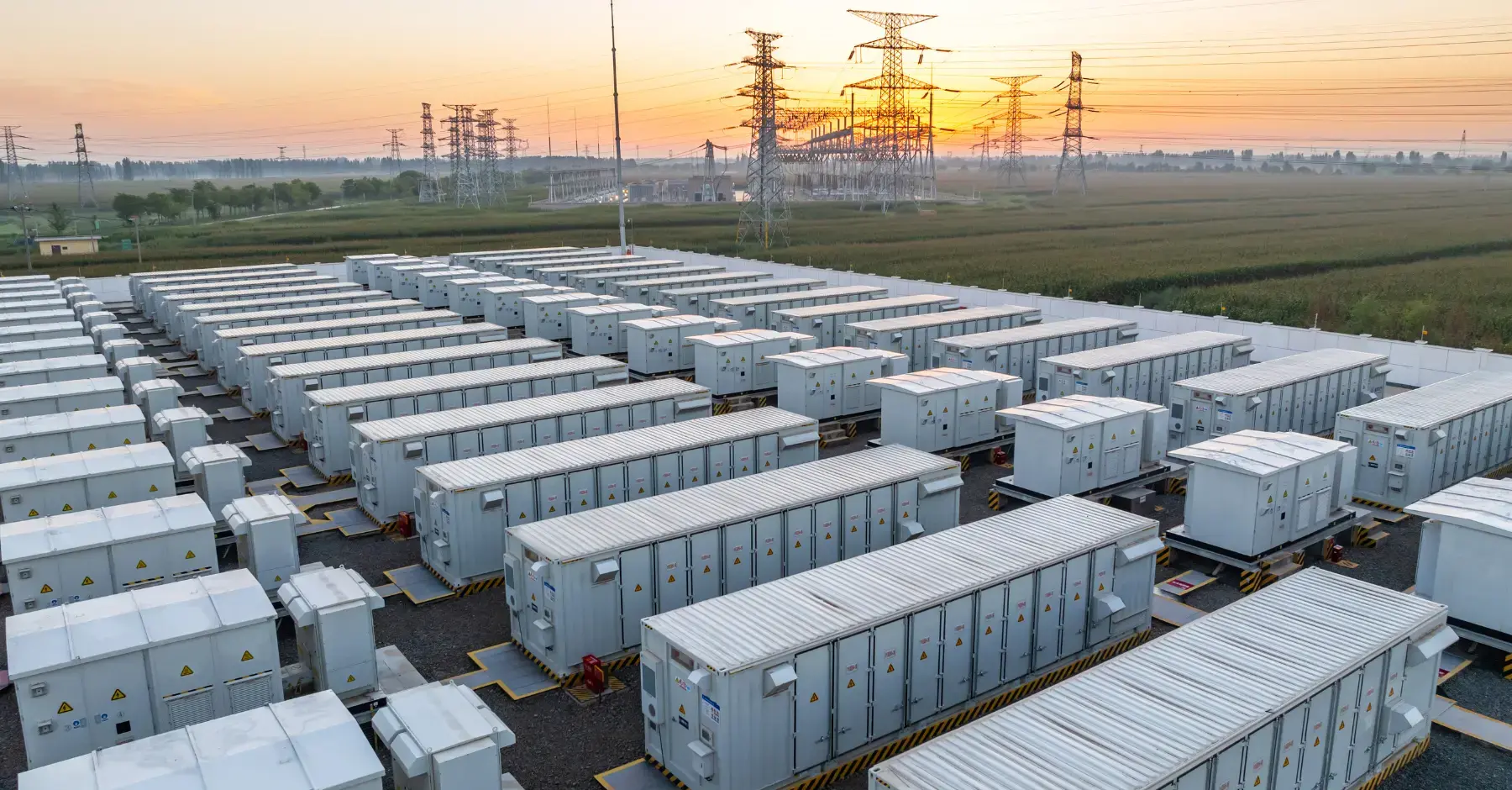
The departure of President Biden and the nomination of Vice-President Harris challenges anyone predicting the impact of the 2024 election on energy policy. Unlike President Biden or former President Trump, both of whom have clear track records on energy policy, Vice-President Harris has said almost nothing to-date about her administration’s approach to the energy market or climate change. In her speech accepting the Democratic Party’s nomination, Vice-President Harris did not use the word “energy,” and there was only a single reference to climate change – that we need “[t]he freedom to breathe clean air, and drink clean water and live free from the pollution that fuels the climate crisis.” President Trump’s stance on energy-related policies is better known, and we expect his administration will take regulatory action to help coal, natural gas and nuclear power to better compete with renewables. Notwithstanding this policy shift, our view is that a second Trump administration will not have any significant effect on near-term energy prices. Electricity and natural gas market fundamentals and the overall balance of supply and demand will likely be the main drivers of energy prices over the next six to twelve months regardless of who wins the election in November.
The Federal election will not have a material impact on the retail energy market as long as the President’s party does not also gain a clear majority in both the House and the Senate. Instead, and as a result of a recent Supreme Court decision that significantly limits the authority of Federal agencies, more and more regulatory matters will end up in protracted litigation. This includes FERC’s efforts to introduce new interconnection rules (FERC 1920), the SEC’s efforts to require public companies to disclose climate-related risks, and the EPA’s efforts to further limit emissions from coal and natural gas-fired power plants.
On the other hand, the election will have a material impact on the nation’s approach to climate change. President Trump is expected to again withdraw the United States from the Paris Climate Agreement, slow implementation of the Inflation Reduction Act, push back against offshore wind and EVs and generally favor fossil fuel plants over renewables. The Harris administration is likely to continue our nation’s participation in the Paris Climate Agreement, promote EVs and renewable generation, and accelerate the implementation of the Inflation Reduction Act. While the long-term impact of these differences may be material, we believe that the outcome of the election will have little impact on near-term energy market prices, as reported in our May Energy Market Letter.


